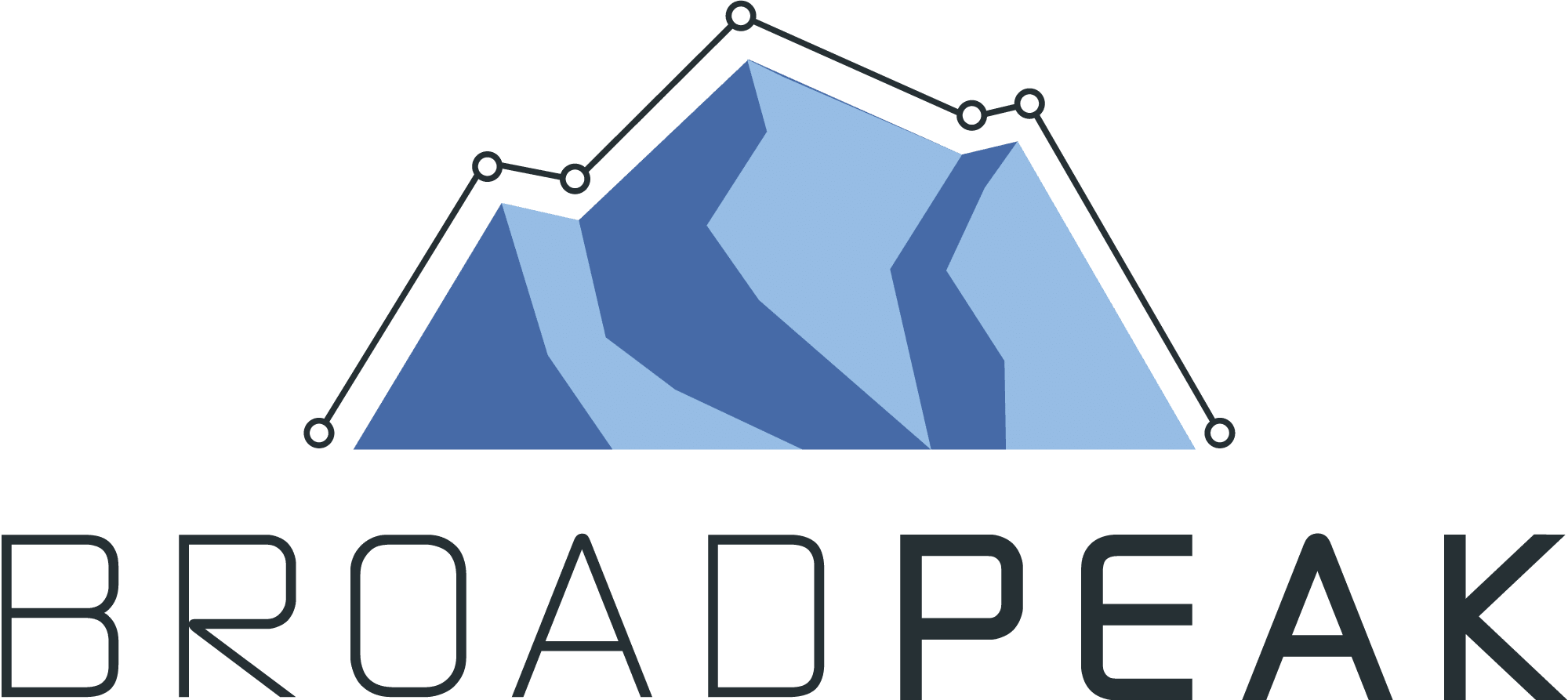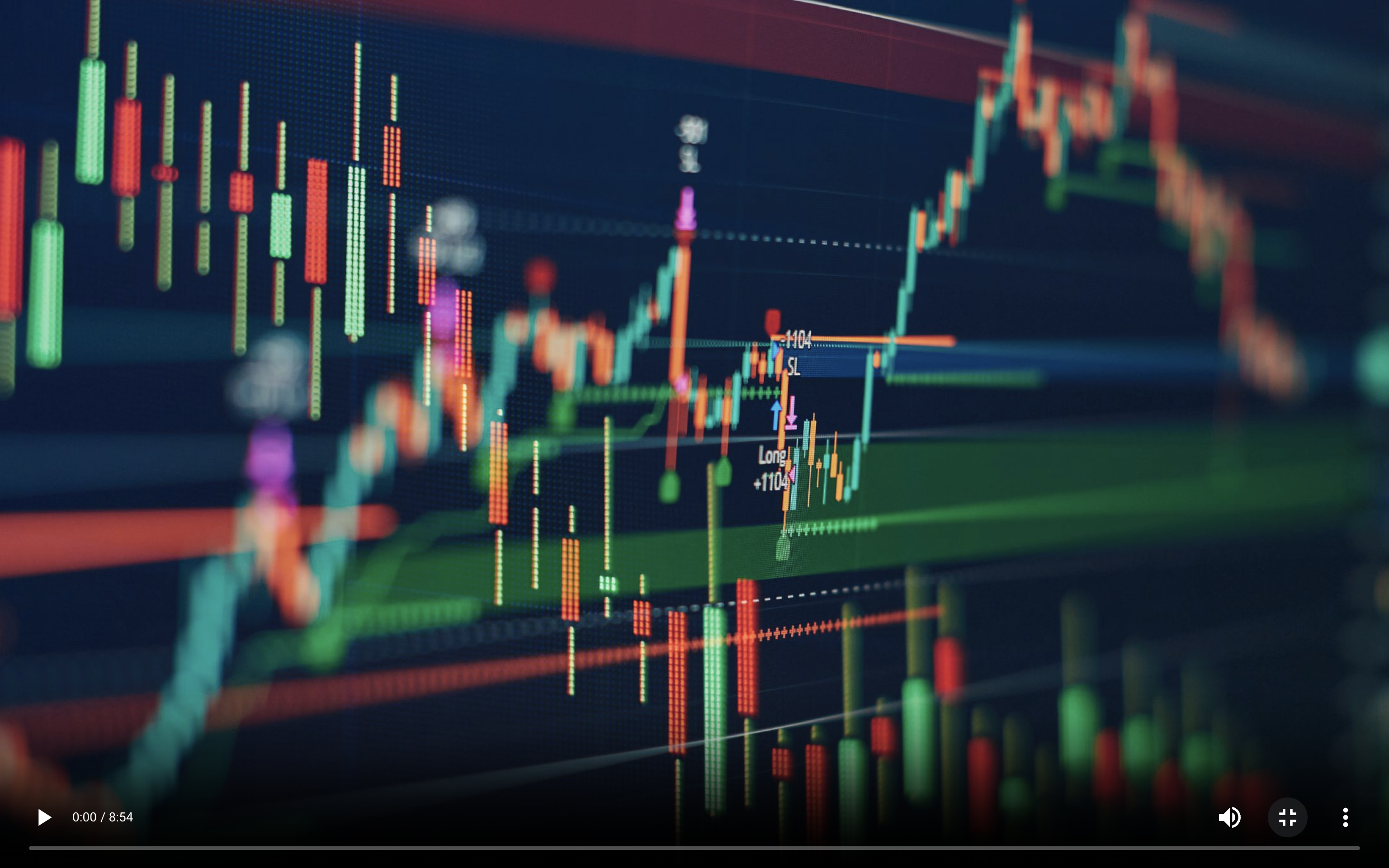The Demise of Delegated Reporting - MiFID II
Trade Reporting. Ask anyone on the sell side or in commodities or derivatives about MIFID II and you will probably get a pretty solid “been there, done that”. Dodd-Frank, EMIR, REMIT, Canada; MIFID II does not look so bad. Sure, a few wrinkles like T+0 transparency reporting, but other than that we are probably good to go. Thing is we’ve been quite busy meeting with a large number of firms that have not been in the transaction reporting game before: The Buy Side.
Delegated Reporting
For better or worse, the Buy Side has been able to avoid most of the reporting headaches under MiFID I, EMIR and the like through delegated reporting. It’s been a really good run actually. The Buy Side has been able to avoid nearly 4 years of tough reporting work. The bad news is that sell side firms are starting to announce that they are withdrawing delegated reporting under MiFID II. We expect more to come.
Why is Delegated Reporting Going Away?
Nothing official, but there are some fairly obvious reasons. The first is that delegated reporting is seen as a non-monetary benefit. A core principle of MiFID II is that, best execution has to be independent of “ancillary services.” Research is squarely in the crosshairs…and very likely delegated reporting is seen in the same light. Second, for some entities it’s going to be difficult to pull off delegated reporting for some of the MIFID II reporting fields, especially when it includes proprietary client data and the like. While not impossible, it makes things tricky for the sell side reporter figuring out how to collect and maintain what is very, very sensitive information.
Tips for the Buy Side
We have been delivering K3 for trade reporting for the past 5 years. We’ve seen just about every regime and make it a point to talk straight with our customers. So, here’s we go.
Right Now-Be Skeptical…But Don’t Let That Stop You.
Be skeptical about where your firm is going to report. In trade reporting there is a big difference between signaling intent and actually showing up on game day. Right now the ARM / APA side of things looks like the back pages of a British tabloid on the Premier League transfer deadline day. Gossip, good intentions, dis-information, partnerships, alliances, intended integration points and plenty of back office chatter…none of which this has solidified yet. But this will settle down. Closely inspect what you expect.
But don’t let that stop you. We are expecting a literal crush of buy side firms who were late to the game figuring out they have reporting obligations under MIFID II. We saw lots of late sign ups under EMIR and…well…let’s just say there are plenty of battlefield stories.
Be Ready to Pivot, Integrate and Adapt
Right now we are looking at 65 core reportable fields with an additional 18 or so for transparency reporting. Experience tells us that this is a meaningless metric. This set of fields will expand quickly both from regulators and from the ARMs/APAs. Our experience tells us that despite having the same data set, each ARM/APA will do things very, very differently. Likewise, familiarize yourself with the concept of “data validation.” There is a whole blog post coming on this topic shortly.
There is also the careful ballet of connecting all your trading systems to meet the reporting deadlines. I can practically guarantee that someone somewhere in your firm is going to say the words, “We need a data warehouse.” I’m not going to disagree, but at the same time there are huge considerations that go into this especially with the MIFID II timetable. We’ve done some great things with K3 on this front, both on the internal data warehouse side and reporting side. Always happy to talk.
Finally, the last piece of advice is this. Know thy trades. Every trading firm that has had to undergo a trade reporting project has necessarily been forced to inventory and “clean up” where the trades are being kept and how they are being kept. Starting a project to clean up, tag, add metadata and systematize trading is a key feature of reporting success. This is doubly true where the landscape of delegated reporting is changing.



